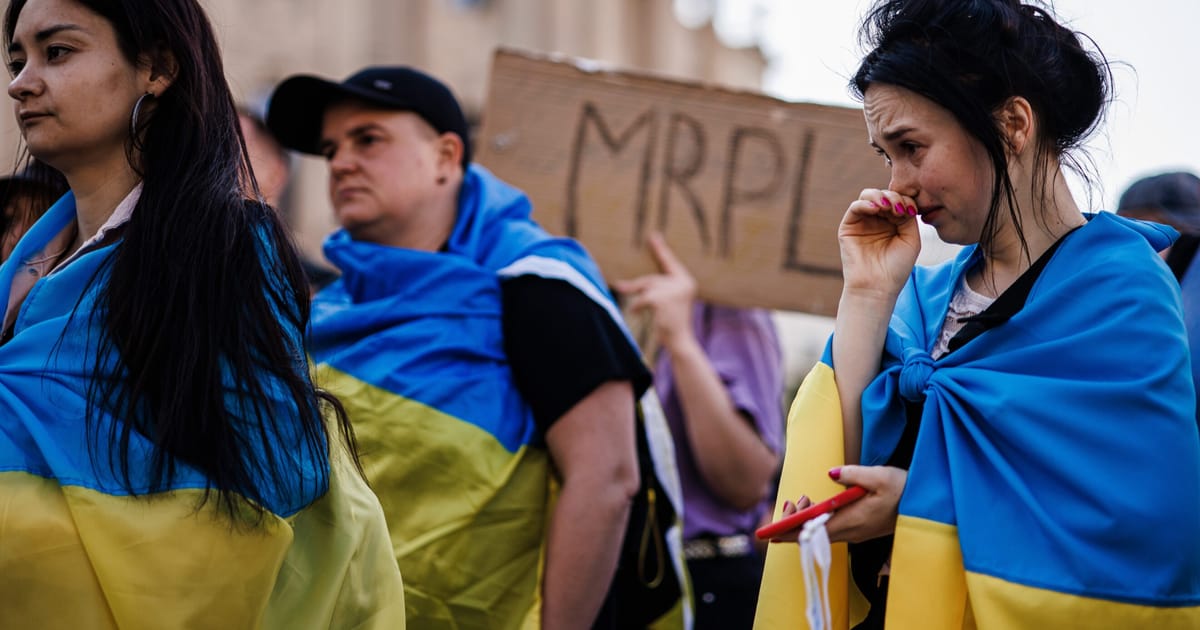

The intricate web of geopolitical tensions has once again unveiled its challenges across various parts of the Middle East, as several recent events highlight a blend of both hope and hardships. Recent actions reveal global and regional efforts aiming for resolution amidst a backdrop of ongoing conflict.
In the realm of diplomatic maneuvers, the United Kingdom has taken a firm stance by imposing sanctions against Russian spies alleged to be involved in the attacks on Mariupol. This measure, intended to hold accountable those linked to past strikes, reflects a broader international engagement in peace and accountability, ensuring that those implicated face restrictions on their assets and broader economic repercussions.
Meanwhile, the Druze region of Sweida in Syria has been engulfed by a new wave of hostility. Tribal groups have bolstered the ranks of local Bedouins amidst strained tensions, erupting in clashes that have resulted in significant casualties. The Syrian Observatory for Human Rights reports these skirmishes have, unfortunately, claimed the lives of hundreds, underlining the need for resolved dialogue and intervention. The call from the United Nations for an independent investigation and the cessation of violence serves as a reminder of the critical importance of initiating peace dialogues.
Elsewhere, the solemn responsibility of preserving peace in a region fraught with historical tensions continues to find voice. The aftermath of an Israeli airstrike on Gaza, which damaged the only Catholic church in the city, saw poignant international concern. Prominent religious leaders, including the Catholic Latin Patriarch and Greek Orthodox dignitaries of Jerusalem, embarked on a journey to express solidarity with the affected community, highlighting the profound impact such conflicts have on local populations. Notably, their visit was accompanied by a call for securing accountability and ensuring measures are taken to prevent further violence and uphold moral and ethical standards.
The broader narrative of challenges in the Middle East saw another layer unveiled in southern Syria, where sectarian violence marred the landscape. Hospitals in Sweida, overwhelmed with casualties, stood as somber testaments to the enduring conflict. Witness accounts from medical staff conveyed the graveness of the situation, reinforcing the urgent need for humanitarian assistance and genuine efforts toward sustainable peace. Amid the stories of loss, there remains an echoing plea for co-existence, illustrating a resilient hope for calmer days ahead.
Each of these developments, poignant in their own right, paints a complex picture of a volatile region. Yet, the thread of diplomacy, intertwined with appeals from influential leaders and organizations, weaves a narrative of potential reconciliation. The path to peace may be fraught with difficulties, but the combined efforts of governments, communities, and international partners offer a foundation for a hopeful future. In these shared spaces, the resolve to overcome adversity with unity and understanding serves as a guiding light, ensuring that the voices of those affected by conflict continue to resonate globally, igniting pathways to peace and stability.
Source: {link}
